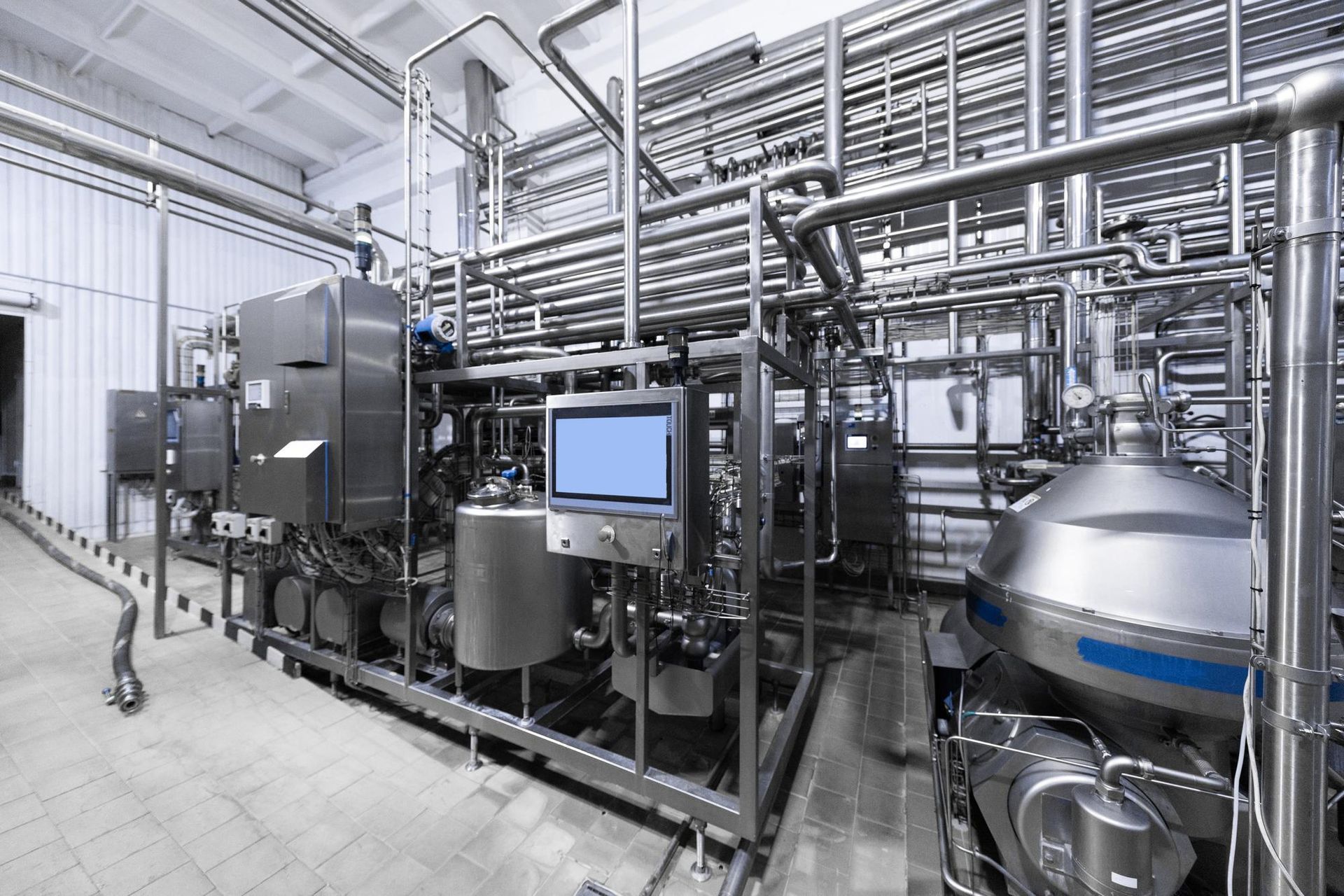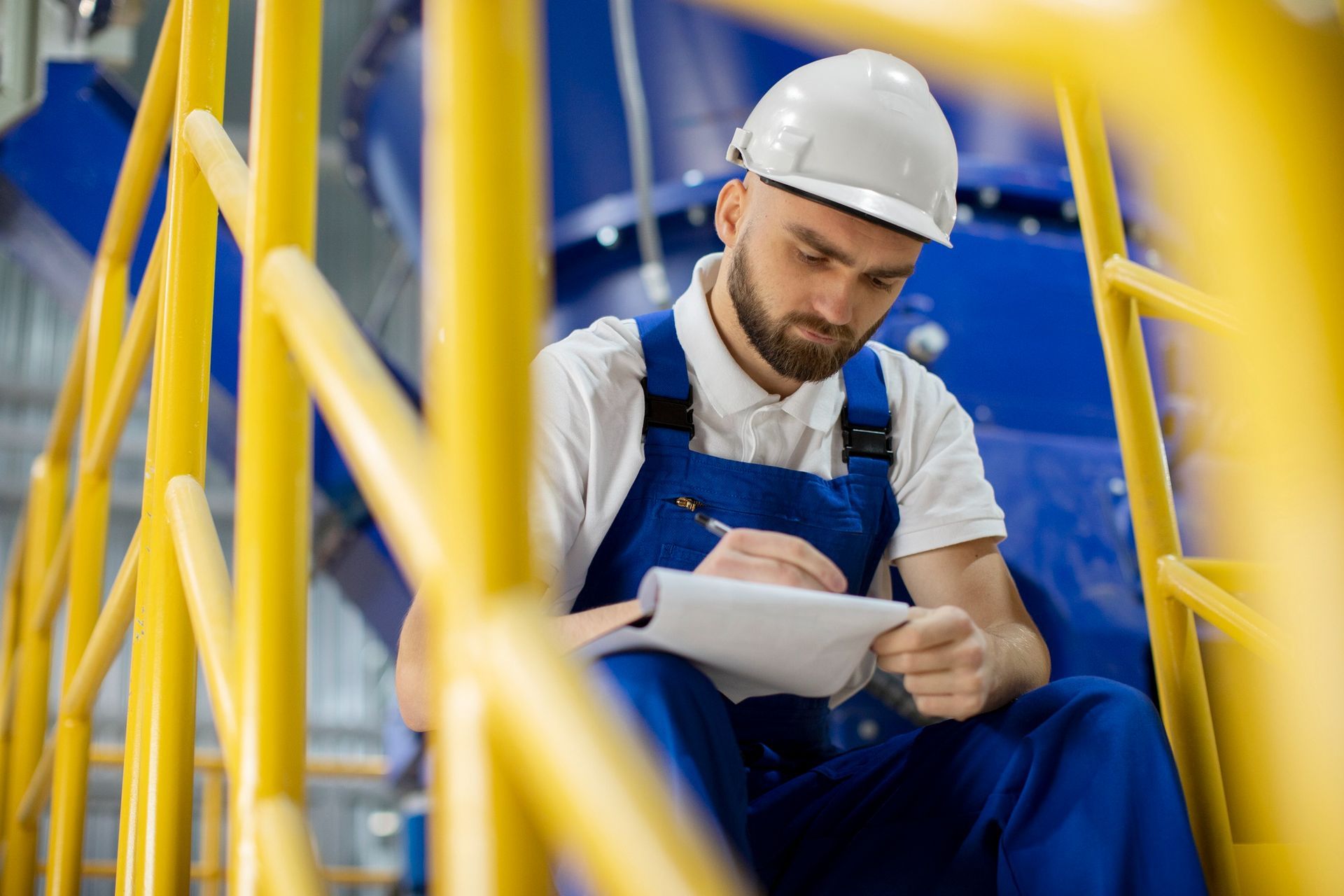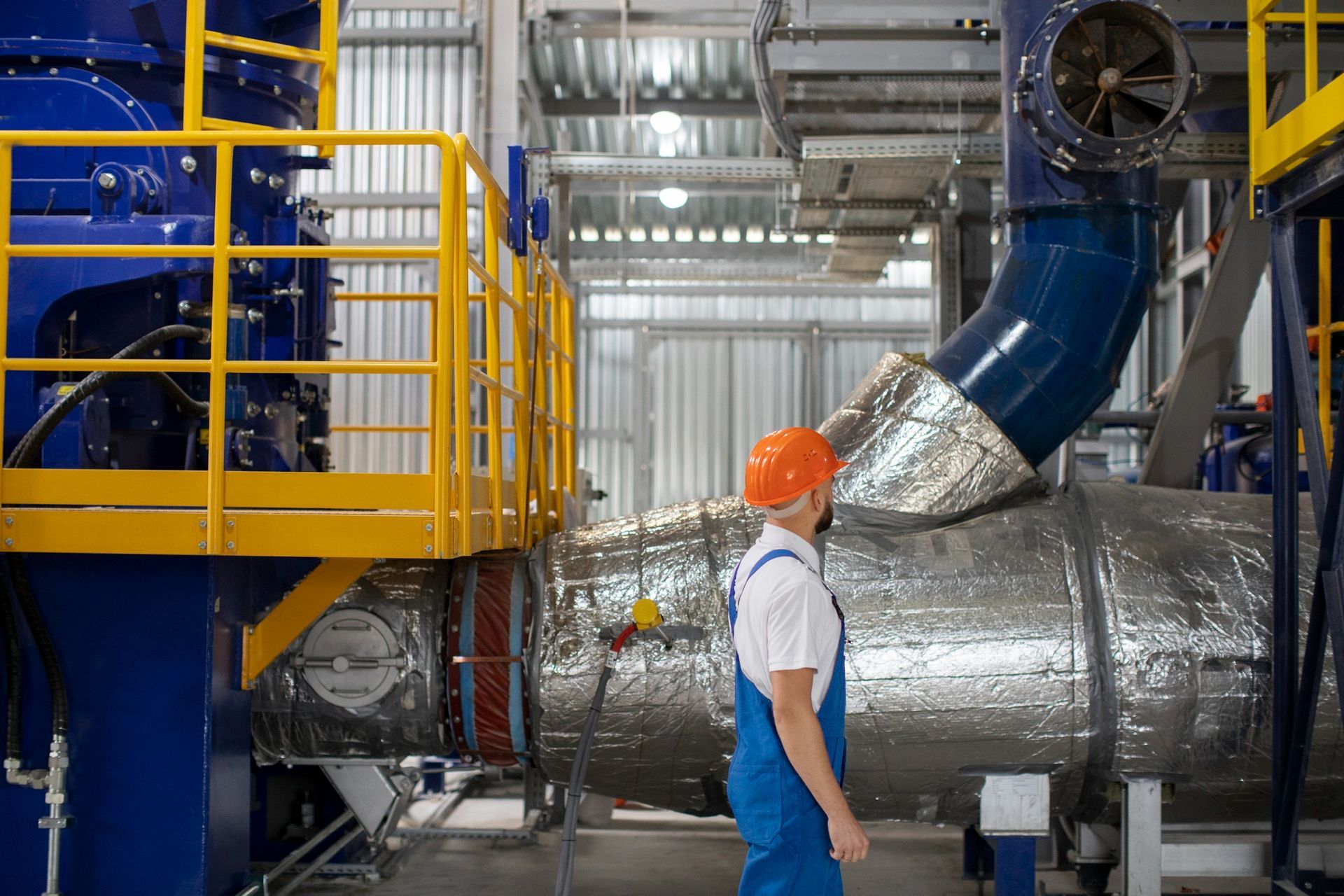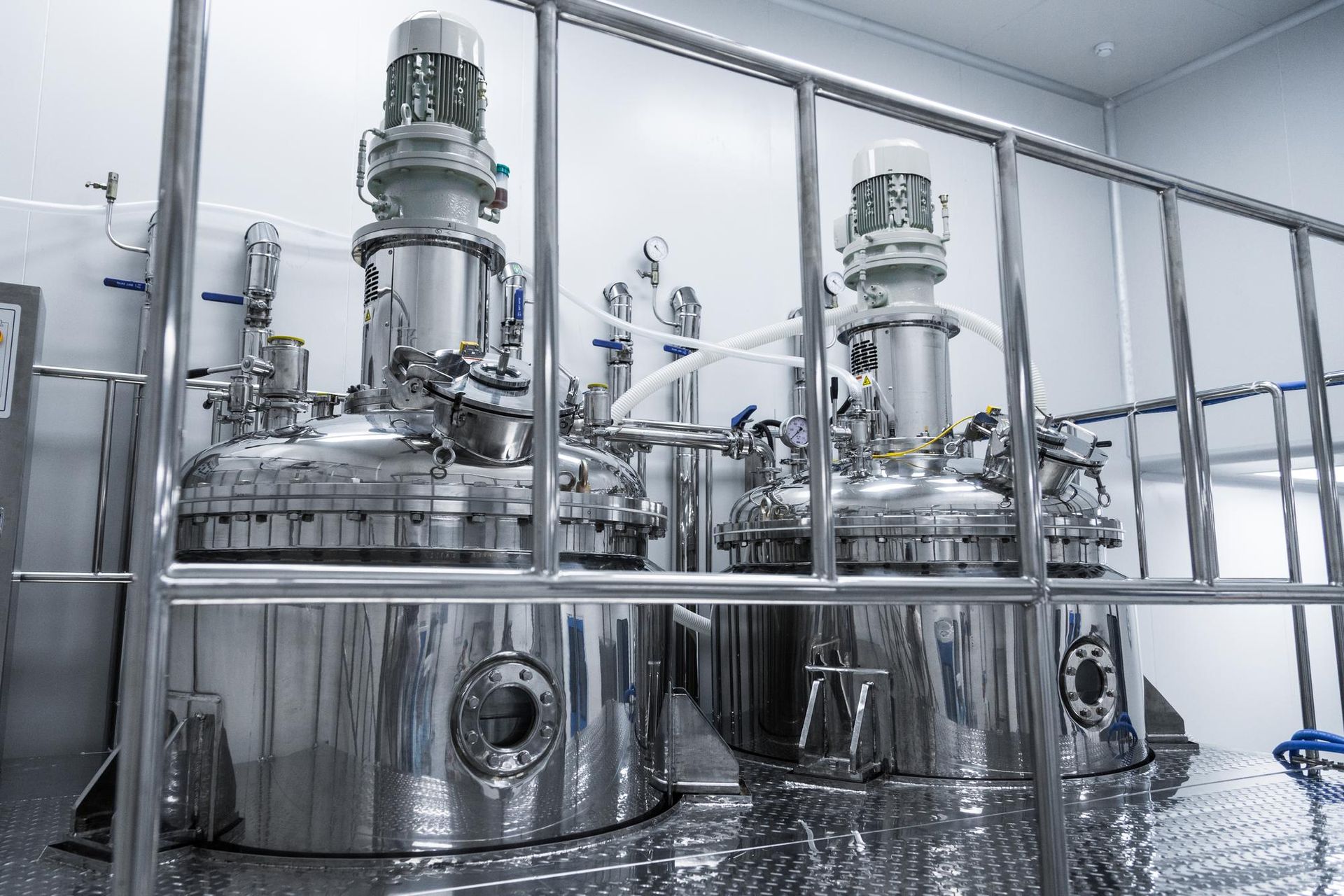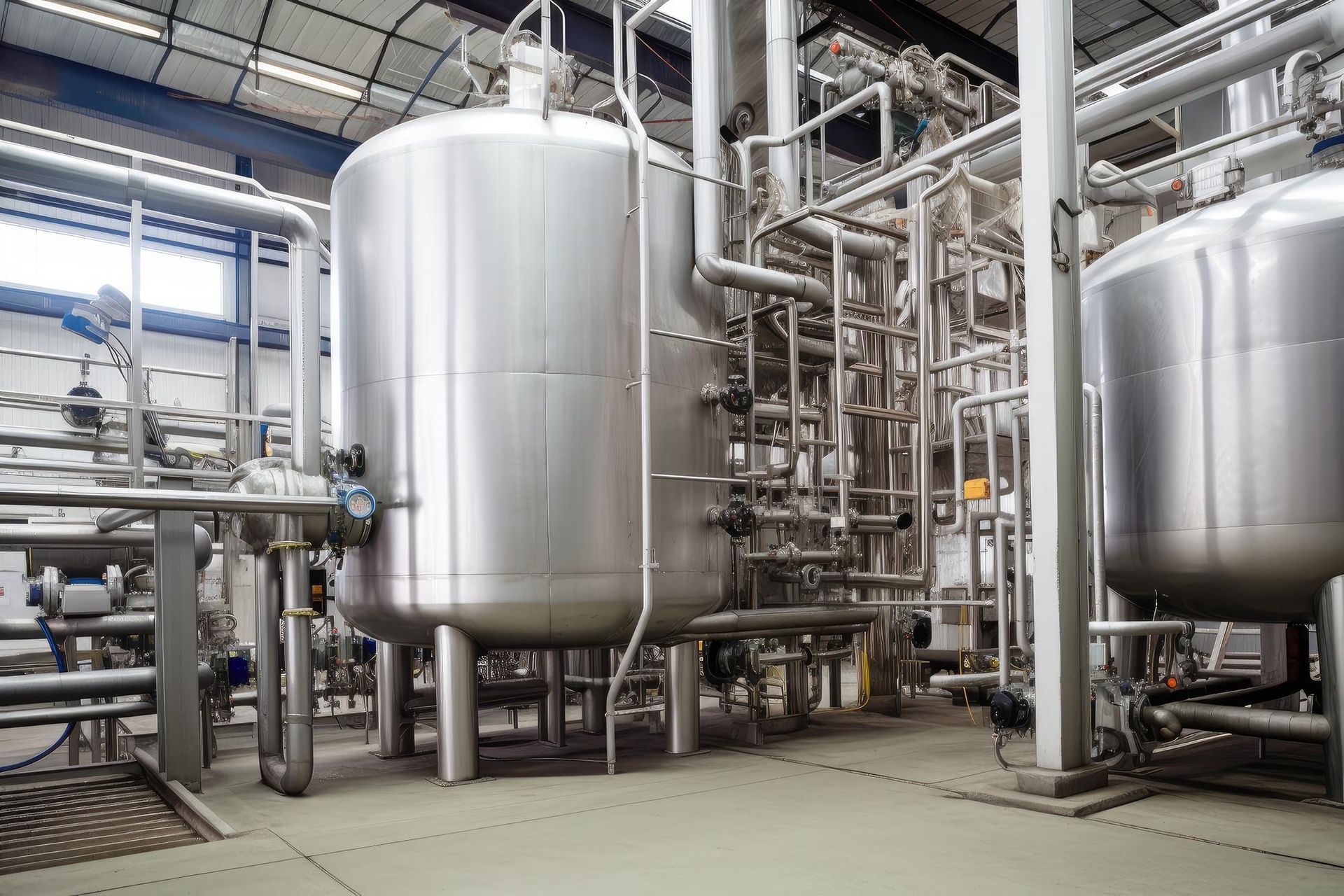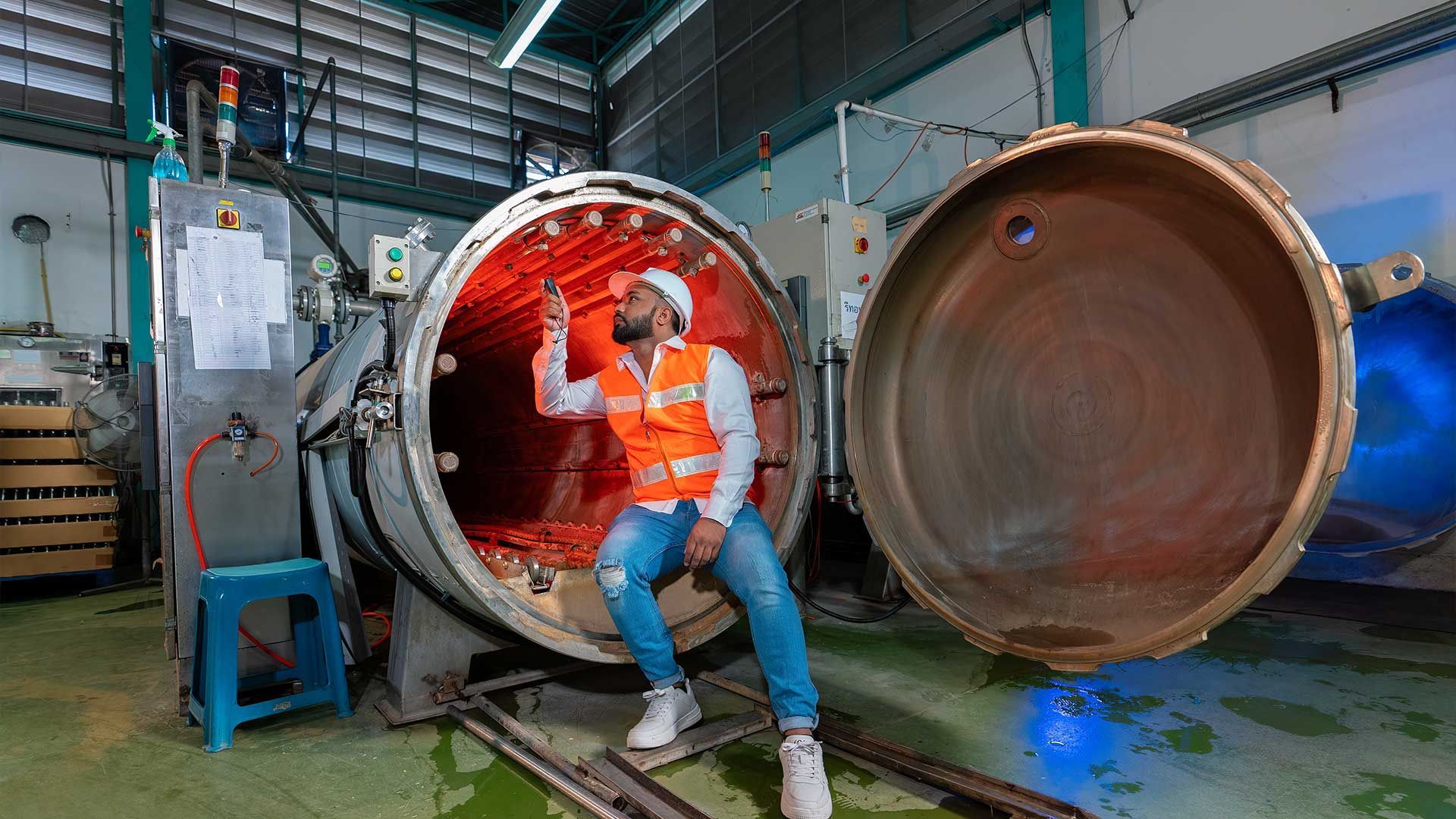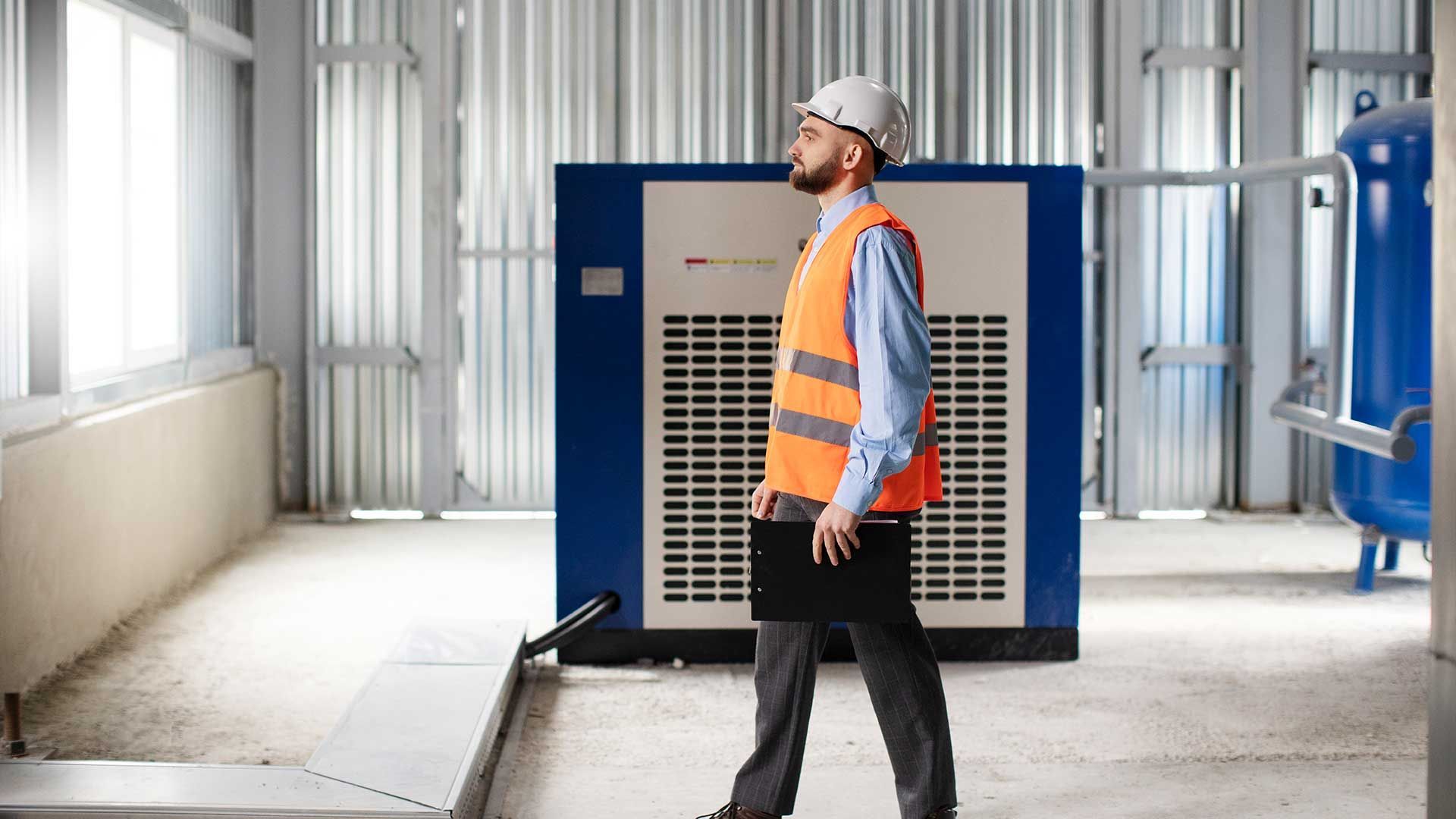Understanding the Importance of Regular Assessment for Your New Steam Boiler
When you invest in a new steam boiler, it's essential to ensure it runs smoothly and efficiently. A steam boiler is a significant investment for many businesses, playing a vital role in operations across various industries. From heating buildings to powering industrial processes, the importance of a fully functioning steam boiler cannot be overstated.
However, owning a steam boiler isn't as simple as setting it up and forgetting about it. Regular assessment is a crucial part of maintaining your new steam boiler. It's like a health check-up for your boiler, spotting potential problems before they become major issues that could disrupt your operations or even lead to costly repairs.
In this article, we'll delve into why regular assessments are so important for your new steam boiler, how these checks are carried out, and the benefits they can bring to your business. We'll also provide guidance on how often these assessments should be conducted and how to find a reliable professional to carry out these essential checks.
So, whether you're a seasoned boiler owner or have just installed a new steam boiler, this guide will provide valuable insights to help you keep your boiler in top shape.
Understanding Steam Boilers
Steam boilers are intricate pieces of machinery, and understanding how they work can seem a bit daunting at first. In simple terms, a steam boiler is a device that heats water to produce steam. This steam is then used for various applications, such as heating buildings, powering machinery, or producing hot water.
Steam boilers come in different types, each designed for specific uses. The most common types include fire tube boilers, water tube boilers, and electric boilers. Fire tube boilers are often used in small to medium-sized industries for heating and steam generation. Water tube boilers, on the other hand, are used in large-scale industries due to their ability to handle high pressure and temperature.
Electric boilers are typically used in areas with clean electricity or where other fuel types are not available.
Regardless of the type, every new steam boiler needs regular assessment to ensure it's running optimally and safely. This not only extends the boiler's lifespan but also maintains its efficiency, leading to cost savings in the long run. In the next section, we'll explore why regular assessments are crucial for your new steam boiler.
The Need for Regular Assessment
Regular assessments are a vital part of maintaining your new steam boiler. But why is this so important? The answer lies in the complex nature of these machines. Steam boilers contain many parts that work together to produce steam. If one part starts to fail, it can affect the whole system.
Without regular checks, small issues can go unnoticed until they become big problems. For example, a minor leak might not seem like a big deal at first. But over time, that small leak could lead to a significant loss of water and energy, which means higher operating costs for your business. Worse still, it could cause damage to other parts of the boiler, leading to expensive repairs or even a complete boiler breakdown.
By conducting regular assessments, you can spot these issues early and fix them before they escalate. This proactive approach not only saves you money but also ensures your
boiler runs efficiently and safely. In the next section, we'll take a closer look at what a boiler assessment involves.
What Does a Boiler Assessment Involve?
A boiler assessment is a thorough examination of your new steam boiler carried out by a qualified professional. The aim is to identify any issues that could affect the boiler's performance or safety.
During an assessment, the professional will
check various parts of the boiler, including the water levels, pressure, temperature, and safety devices. They will also inspect the boiler for signs of wear and tear, leaks, corrosion, or other damage. Moreover, they will test the boiler's controls to ensure they are working correctly.
The assessment may also involve cleaning certain parts of the boiler, such as the heat exchanger, to remove any build-up of dirt or debris that could affect its efficiency. Once the assessment is complete, the professional will provide you with a report detailing their findings and any recommended repairs or maintenance.
Regular boiler assessments are an essential part of maintaining your new steam boiler. They help to ensure that your boiler is running efficiently and safely, giving you peace of mind and saving you money in the long run.
Maintaining Safety with Regular Assessments
Safety is a paramount concern when operating steam boilers. These machines operate under high pressure and temperatures, and any malfunction could pose serious risks to people and property. Regular boiler assessments are crucial in ensuring the safety of your operations.
During an assessment, the professional will check all safety devices, including pressure relief valves, low-water cutoffs, and safety shut-off valves. These devices are designed to prevent accidents by shutting down the boiler if unsafe conditions are detected.
For instance, a pressure relief valve opens to release excess pressure if the boiler pressure gets too high, preventing a boiler explosion. The low-water cutoff shuts down the boiler if the water level drops too low, preventing overheating and potential boiler failure.
By regularly assessing these safety devices, you can ensure they are functioning properly and safeguard your operations from potential hazards. In the next section, we will discuss how regular boiler assessments can lead to significant cost savings.
Cost Savings Through Regular Boiler Assessments
One of the significant benefits of regular boiler assessments is the potential for cost savings. While there is a cost associated with having your boiler assessed, the long-term savings can far outweigh these initial expenses.
Firstly, regular assessments can help improve the efficiency of your boiler. By identifying and fixing issues such as leaks or dirt build-up, you can ensure your boiler operates at its optimal capacity. An efficient boiler uses less energy, which can lead to substantial savings on your energy bills.
Secondly, regular assessments can help prevent costly breakdowns. By spotting and addressing minor issues early, you can avoid major repairs or even the need for a complete boiler replacement.
Finally, regular assessments can extend the lifespan of your boiler. A well-maintained boiler can last longer, delaying the significant expense of purchasing a new boiler.
In conclusion, regular boiler assessments are an investment that can save you money in the long run.
The Role of a Professional in Boiler Assessment
A professional boiler assessment is not a task that can be done by just anyone. It requires specific knowledge, skills, and certifications to ensure the job is done correctly and safely.
The professional conducting the assessment should have extensive experience with steam boilers. They need to understand how these systems work, common problems they can encounter, and what signs to look for when inspecting the boiler.
They will perform a comprehensive check of all parts of the boiler, including the pipes, valves, safety devices, and controls. They also need to know how to test these components effectively and interpret the results accurately.
After the assessment, the professional will provide you with a detailed report outlining any issues found and their recommendations for repairs or maintenance.
In essence, a professional boiler assessment is an expert service that ensures your boiler is working efficiently, safely, and cost-effectively. It's an essential part of maintaining your new steam boiler.
Ensuring Compliance with Boiler Regulations
In addition to safety and cost savings, regular boiler assessments are also crucial for ensuring compliance with local and national regulations. These rules are designed to ensure the safe operation of steam boilers, protect workers and the public, and reduce environmental impacts.
Boiler regulations typically require regular inspections and maintenance, and failing to comply can result in fines, shutdowns, or even legal action. A professional boiler assessment will not only keep your boiler running safely and efficiently but also help you stay on the right side of the law.
The assessment will check that your boiler meets all relevant standards, including those related to emissions, pressure equipment, and workplace safety. The professional conducting the assessment will be familiar with these regulations and can advise you on any necessary actions to maintain compliance.
In summary, regular boiler assessments are a critical part of responsible boiler ownership, helping you to ensure safety, save costs, and comply with regulations.
Conclusion
Consistent boiler assessments are more than just a necessary maintenance task. They are an investment in the longevity and efficiency of your boiler, a safeguard for your employees and property, and a means to stay compliant with regulations.
At
Boiler Technologies Unlimited, we understand the importance of these assessments and strive to provide top-notch, professional boiler assessment services. Our team of experts is well-equipped with the knowledge and skills to ensure your boiler is operating safely and efficiently, while also meeting all necessary compliance standards.
Don't wait until you're facing a costly repair or compliance issue. Protect your investment, ensure the safety of your premises, and keep your operations running smoothly with regular boiler assessments.
For more information or to schedule your professional boiler assessment, contact us today at
813-469-7733. Your peace of mind is worth it.



